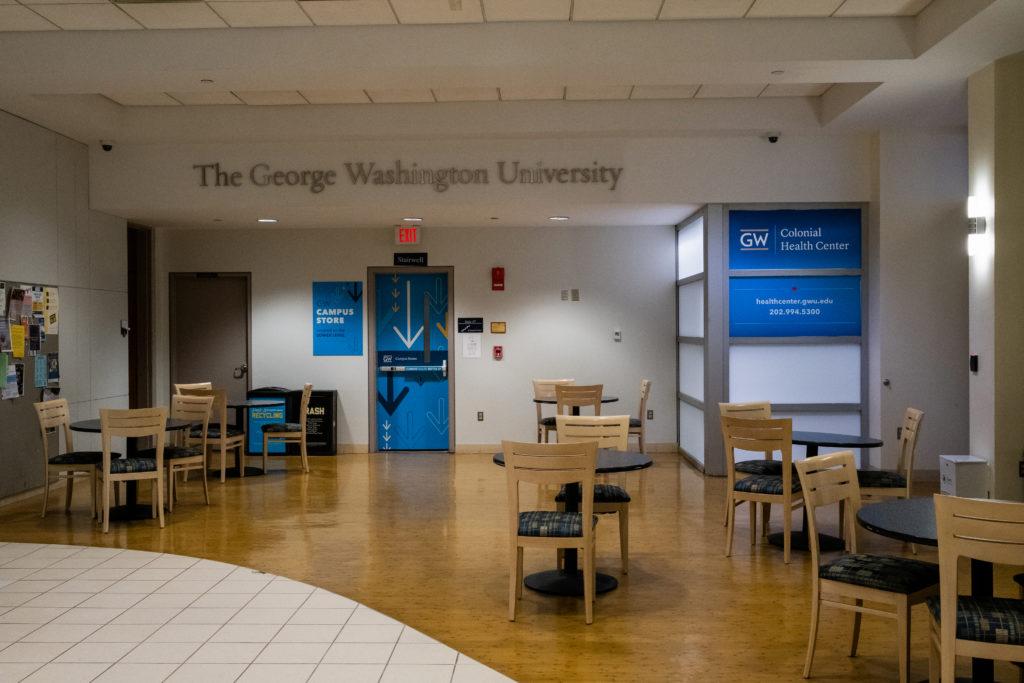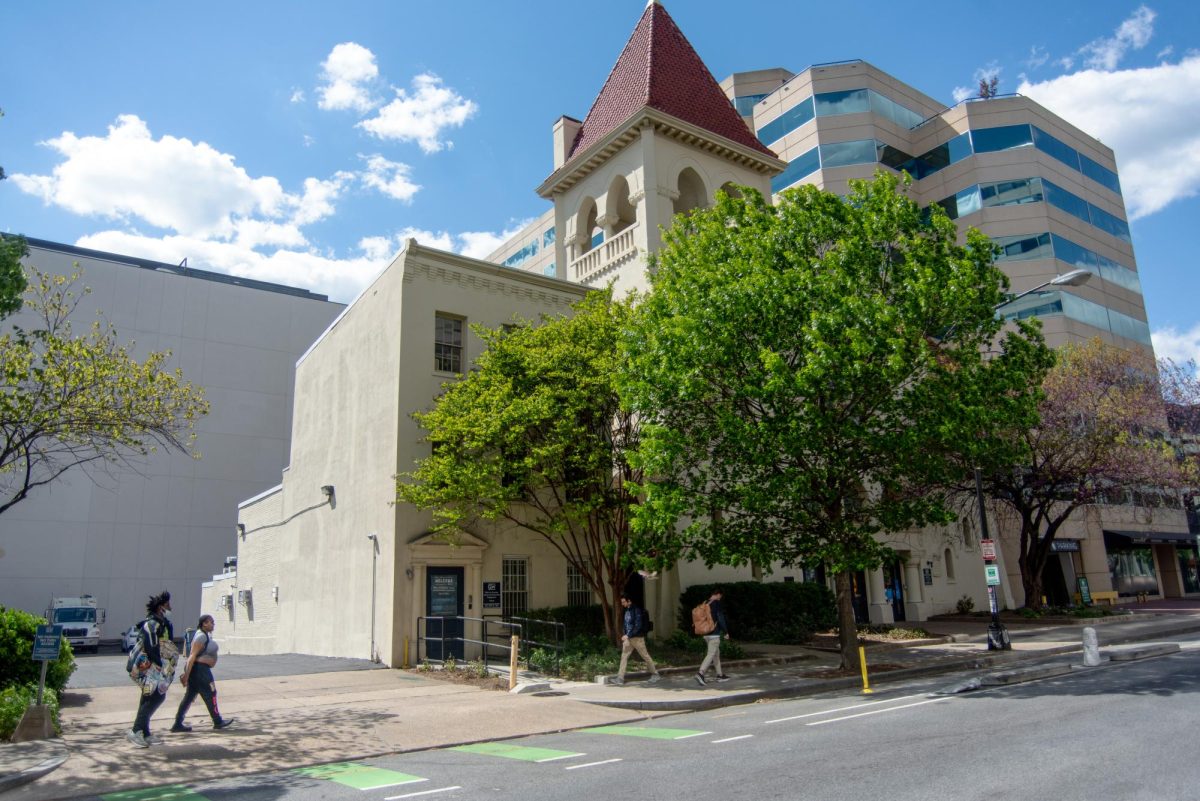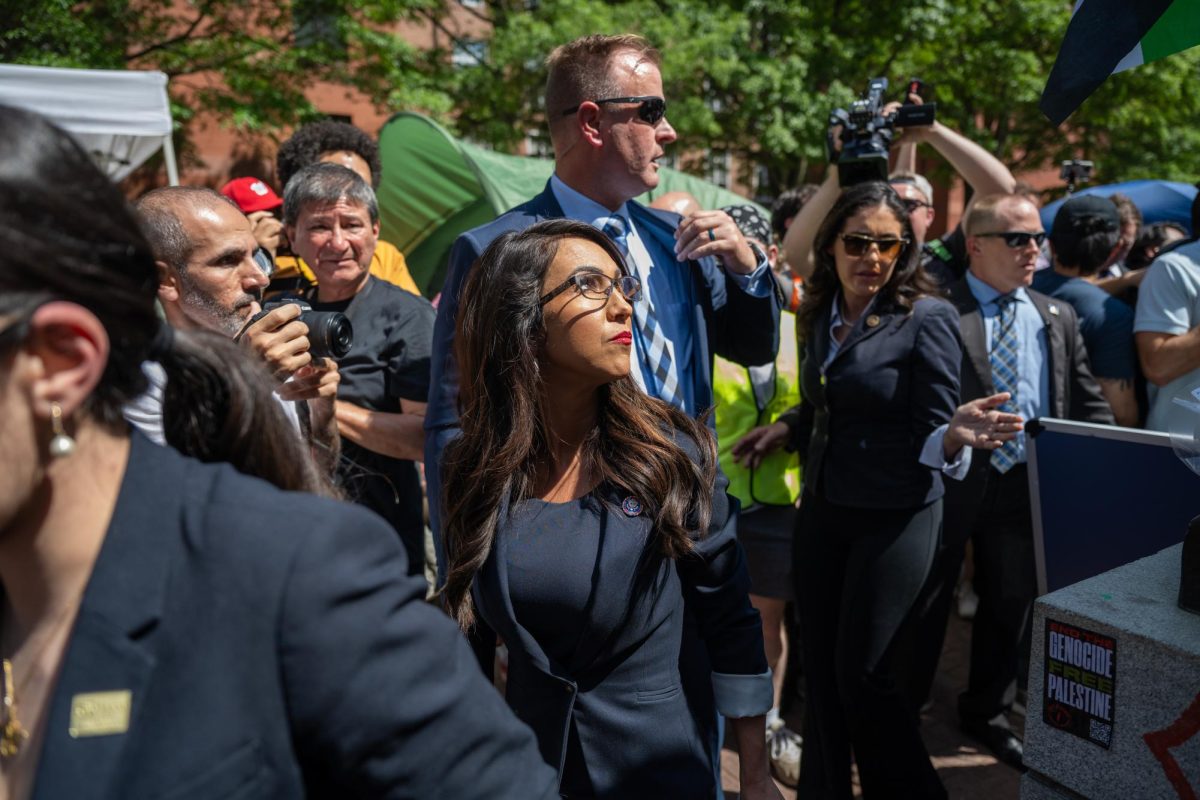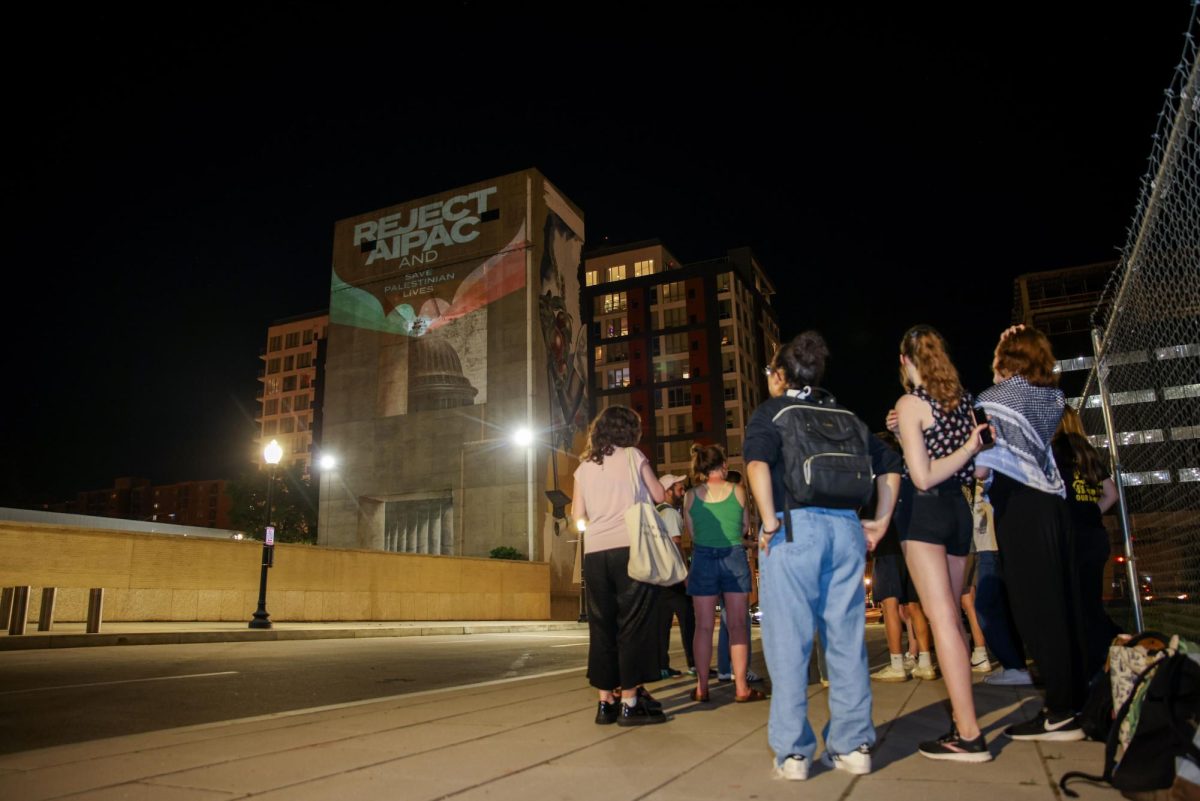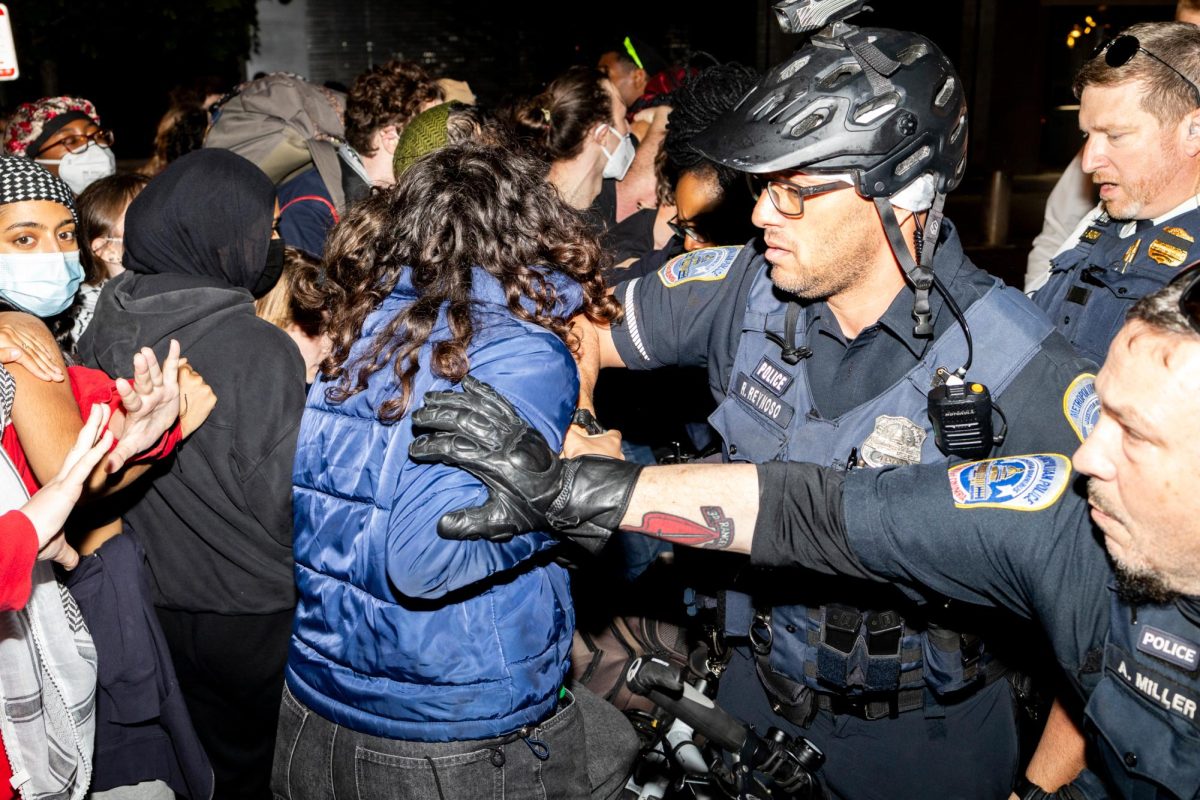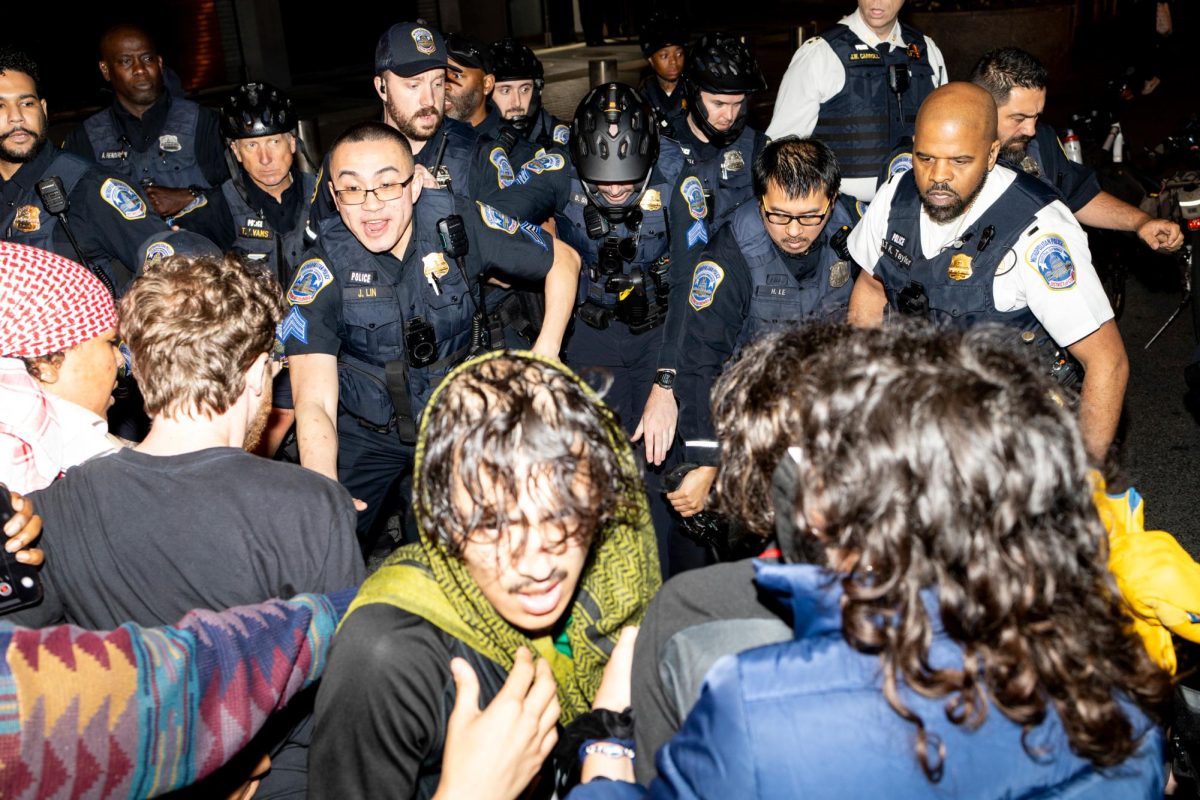DC Health officials reported 450 monkeypox cases in the District as of Tuesday since the outbreak began in the city in late May.
The District is recording the highest rates of monkeypox in the United States, with about 65 cases per 100,000 residents followed by New York and Georgia which have reported about 17 and 14 cases per 100,000 residents, respectively, according to an NBC News analysis. DC Health officials reported that more than 28,000 monkeypox vaccine doses have been administered to District residents as of Sept. 6.
GW announced late last month that the Student Health Center is partnering with the DC Department of Health to assess and diagnose monkeypox cases on campus after officials reported the first case of monkeypox in the GW community in late June and have since treated a “handful” of cases within the University community.
“It is important to understand that monkeypox is an infection that every member of the GW community should be aware of because everyone is at risk for infection if exposed, regardless of sexual orientation or gender identity,” Rebekka Christie, the medical director of SHC, said in an email in August.
Monkeypox is spread through direct and indirect contact with skin lesions or through respiratory droplets, most commonly during sexual interactions. Symptoms like fever or chills, headache, muscle aches, fatigue, rash and skin lesions can occur five to 21 days after exposure.
District health officials are offering monkeypox vaccines to adult residents, employees, college students and patients in D.C. who’ve had multiple sexual partners in the last two weeks, as well as sex workers and staff at establishments where sexual activity occurs.
The Centers for Disease Control and Prevention have recorded more than 21,000 monkeypox cases nationwide, with the United States reporting the highest global case count followed by Brazil and Spain, which reported more than 5,000 and 6,000 cases, respectively.


